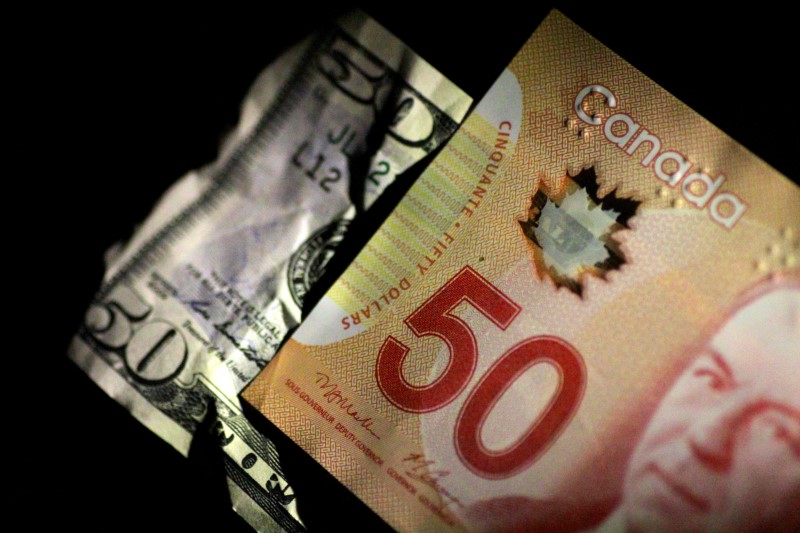Investing.com – The Canadian dollar has suffered against the US dollar in the wake of the US presidential election, and Jefferies expects this weakness to continue for some time.
At 09:00 ET (14:00 GMT), it was trading 0.2% lower at 1.3992, but the pair was up about 1.4% over the past month, with the Canadian dollar falling to a four-year low against its US counterpart in the aftermath of the US elections.
“The market has spoken following the outcome of the US election and a weak Canadian dollar is likely to persist,” Jefferies analysts said in a Nov. 19 note.
Although the details of the proposed policy remain to be worked out, the first reading implies an unhelpful macroeconomic background for the Canadian economy – the US is Canada’s largest trading partner – after Donald Trump’s victory at the start of the economic crisis . month.
“Tariffs on imports, lower taxes and proposed changes to financial regulations all create relative headwinds, the impact of which is exacerbated by an already weak Canadian economy (GDP growth persistently below expectations, weak labor market, etc.)” , Jefferies analysts added. .
Combined with inflation now within the Bank of Canada’s target range, the US bank expects further interest rate cuts by central banks.
The combination of strong interest rate cuts by the Bank of Canada and expectations that a Trump presidency would be positive for the US economy (and possibly generate inflation, reducing the likelihood of strong rate cuts) has weakened the Canadian dollar.
“Moreover, it doesn’t look like the situation will change anytime soon. Consequently, we do not see the CAD gaining ground against the USD, and as the Bank of Canada continues to cut rates, we may see additional weakness in the CAD,” Jefferies said.


